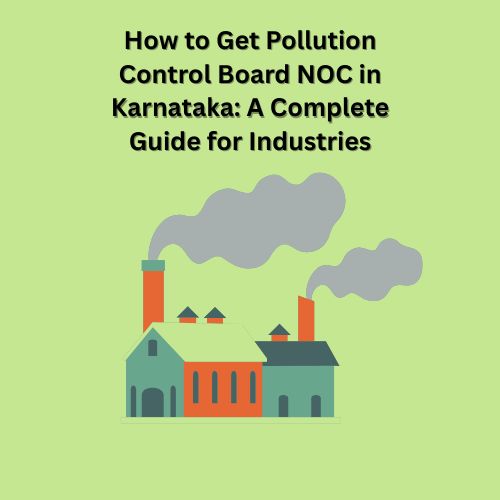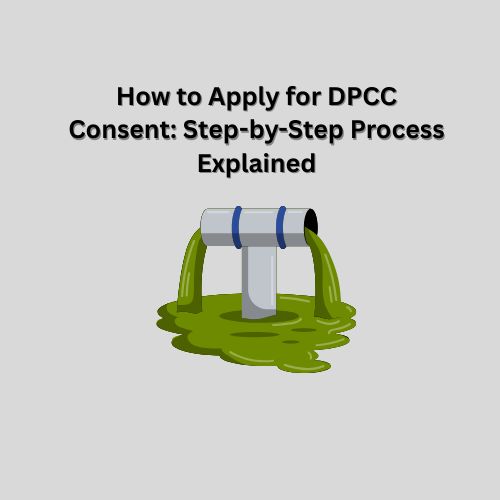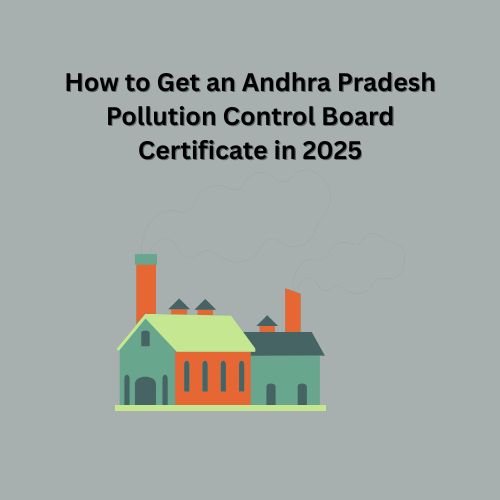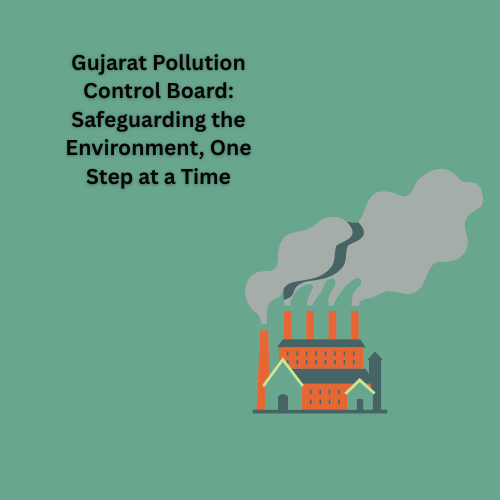How to Get Pollution Control Board NOC in Karnataka: A Complete Guide for Industries

Strong 8k brings an ultra-HD IPTV experience to your living room and your pocket.
Setting up an industry in Karnataka? Whether you're launching a manufacturing unit, hotel, hospital, or infrastructure project, obtaining the Pollution Control Board NOC from the Karnataka State Pollution Control Board (KSPCB) is mandatory. This environmental clearance ensures that your business adheres to pollution control norms and operates in compliance with environmental regulations.
In this comprehensive guide, we’ll walk you through the importance, process, documents required, and expert tips to successfully obtain a KSPCB certificate. We’ll also cover how KSPCB registration and KSPCB certification play a vital role in legal and operational sustainability for industries in Karnataka.
What Is KSPCB NOC?
The No Objection Certificate (NOC) from the KSPCB is an official permit that certifies your industry’s environmental compatibility. This clearance is governed under two major environmental laws:
The Water (Prevention and Control of Pollution) Act, 1974
The Air (Prevention and Control of Pollution) Act, 1981
There are two main consents involved in the KSPCB certification process:
Consent for Establishment (CFE)—Required before setting up the facility.
Consent for Operation (CFO)—Required before beginning operations.
Together, these consents form the foundation of your KSPCB certificate, which is essential for lawful industrial functioning in the state.
Why Do You Need the KSPCB Certificate?
Obtaining the KSPCB certificate isn’t just a bureaucratic obligation—it’s a legal requirement with long-term implications. Here’s why it's important:
Legal Compliance: Operating without the NOC can lead to heavy penalties, closure notices, or prosecution.
License Requirements: Many business permits (e.g., factory license, trade license) require a valid KSPCB certification.
Sustainability Assurance: Demonstrates your commitment to environmental responsibility.
Avoid Future Litigation: Prevents operational delays due to pollution-related legal actions.
Industries That Require KSPCB Registration
Manufacturing units
Hotels, restaurants, and resorts
Hospitals and laboratories
Educational institutions with hostels
Construction and infrastructure projects
Mining operations
Warehousing and logistics centers
If your business emits air or water pollutants or generates hazardous waste, KSPCB registration is a must.
Step-by-Step Guide to Obtain Pollution Control Board NOC in Karnataka
1. Categorize Your Industry
Industries are classified by the Central Pollution Control Board (CPCB) into Red, Orange, Green, or White categories based on their pollution index.
Red: High pollution potential (e.g., chemical plants)
Orange: Moderate (e.g., food processing)
Green: Low (e.g., assembly units)
White: Minimal (e.g., solar panel assembly)
This classification impacts the required documentation and processing time for your KSPCB registration.
2. Online Application for CFE
To initiate the KSPCB certification process, visit the official KSPCB website and register your business. Fill out the online form with project details and upload necessary documents.
3. Documents Required
Site layout and building plan
Land ownership or lease deed
Detailed project report (DPR)
Pollution control system design (ETP, STP, scrubbers)
Hazardous waste management plan
Undertaking of compliance with environmental norms
Consent fee (varies by industry category)
Having accurate documents will prevent delays in your KSPCB certificate issuance.
4. Inspection by KSPCB Officials
After submitting your application, the Board may schedule a site inspection. Inspectors verify pollution control measures and assess environmental impact.
5. Issuance of Consent for Establishment (CFE)
Upon satisfactory inspection, the Consent for Establishment is granted, allowing you to begin construction or equipment installation.
6. Apply for Consent for Operation (CFO)
Once the facility is ready, you must apply for CFO with proof of installed pollution control systems and a compliance report. After review, the final KSPCB certificate is issued, permitting you to start operations.
Renewal and Validity
The validity of CFE typically ranges from 5 to 7 years.
CFO is valid for 1 to 5 years, depending on industry type.
Timely renewal is essential to maintain a valid KSPCB certification and avoid penalties.
Pro Tips for Faster Approval
Ensure accurate categorisation of your industry.
Invest in certified pollution control systems.
Consult an environmental consultant to streamline your KSPCB registration process.
Regularly monitor pollution levels and maintain logs for audit compliance.
Conclusion
Obtaining a Pollution Control Board NOC in Karnataka is a critical compliance requirement for all industries—big or small. It not only fulfills legal obligations but also helps industries embrace sustainable practices. The KSPCB certificate serves as a mark of environmental responsibility and operational readiness.
Whether you are applying for the first time or renewing your existing KSPCB certification, understanding the process can save you both time and legal complications. For hassle-free KSPCB registration, it’s advisable to consult professionals who are well-versed with the documentation and regulatory landscape.
Investing in compliance today ensures smooth operations tomorrow. Don’t delay—start your journey toward a clean and compliant industrial future in Karnataka.
Would you like me to format this post with subheadings in HTML or Markdown for publishing on a blog or CMS?
Note: IndiBlogHub features both user-submitted and editorial content. We do not verify third-party contributions. Read our Disclaimer and Privacy Policyfor details.






